What Happens When You Stop Having Sex

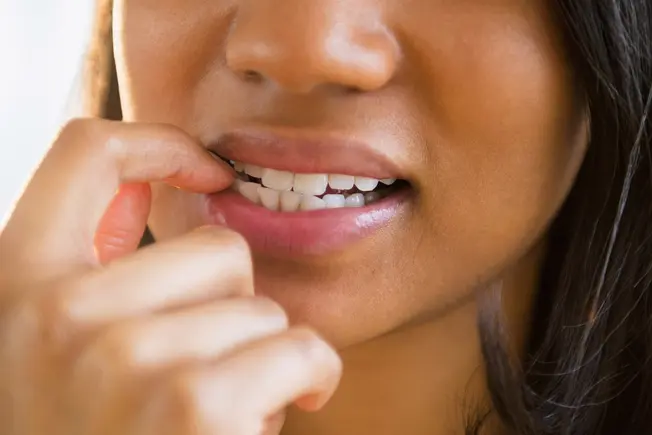
You Might Feel More Anxious
Maybe sex is the last thing on your mind when you’re stressed out. But it might help lower your anxiety. Sex seems to lessen the amount of hormones your body releases in response to stress. And an active sex life can make you happier and healthier, which might also help keep anxiety at bay.
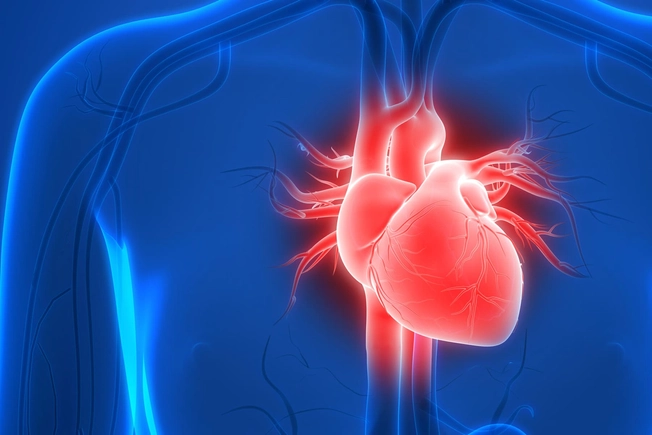
Your Heart May Not Work as Well
Research says people who have sex once a month or less get heart disease more often than those who have it twice a week or so. Part of the reason could be that you get a bit more exercise and are less likely to be anxious or depressed. But it could also be that if you have more sex, you’re physically and mentally healthier in the first place.

You Might Get Less Exercise
Sex typically burns about 5 calories a minute. That’s about equal to a brisk walk. And you use a bit more oxygen too -- about the same as digging in the garden or walking down the stairs.
That may not seem like much, but it starts to add up over the long term. And because sex can improve your mental health, you might be more likely to do other types of exercise like the neighborhood kickball team, hiking, or housework.

You May Lose Your Keys More Often
Well, not so much lose them as forget where you put them. That’s because regular sex seems be linked to improved memory, especially if you’re between ages 50 and 89. It’s not clear why.
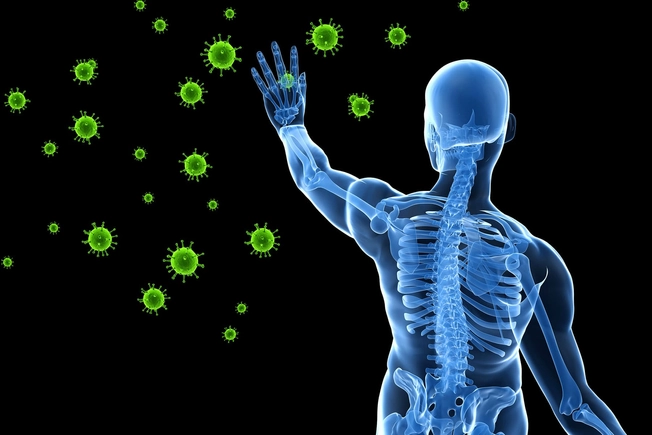
Your Immune System May Get Weaker
Weekly sex seems to boost your immune system compared to those who have it less often. Part of the reason may be that it raises levels of a germ-fighting substance called immunoglobulin A, or IgA. But more is not always better here. People who had sex more than twice a week had lower levels of IgA than those who had no sex.

Your Relationship Changes
Sex bathes your brain in a chemical “afterglow” that lasts about 2 days and helps to bond you to your partner over the long term. Without it, you could lose some of the satisfaction of your relationship. A healthy, happy sexual relationship -- couples who do it at least once a week seem to be happiest -- can help build trust and understanding between you and your partner.
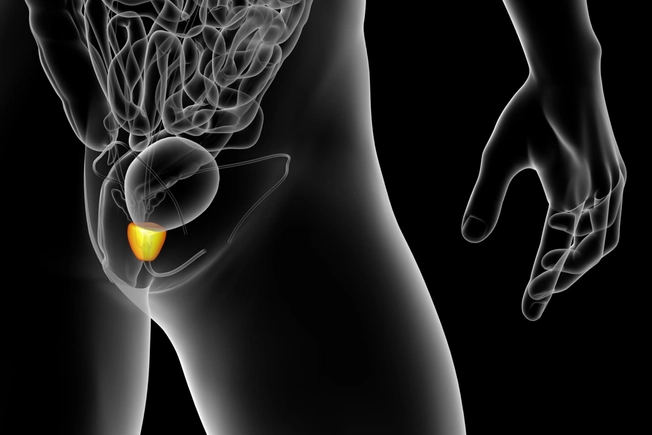
Your Prostate May Be Less Healthy
The reasons aren’t exactly clear, but in at least one study, men who ejaculated less than seven times a month were more likely to get prostate cancer compared to those who did it at least 21 times a month.
But unprotected anonymous sex and multiple partners can also raise your chances for the disease, so when you do have sex, take care.

You Might Sleep Less
Without sex, you’ll miss out on the hormones that promote restful sleep, like prolactin and oxytocin. Women get an estrogen boost that helps even more. The reverse is true, too: If you decide you want to start having sex again, a good night’s sleep is just the thing to keep you feeling frisky.

Aches and Pains Hang Around
Sex can be a good way to take your mind off of any aches and pains you have. But it does more than that. Orgasm causes your body to release endorphins and other hormones that can help ease head, back, and leg aches. They may help arthritis pain and menstrual cramps, too.
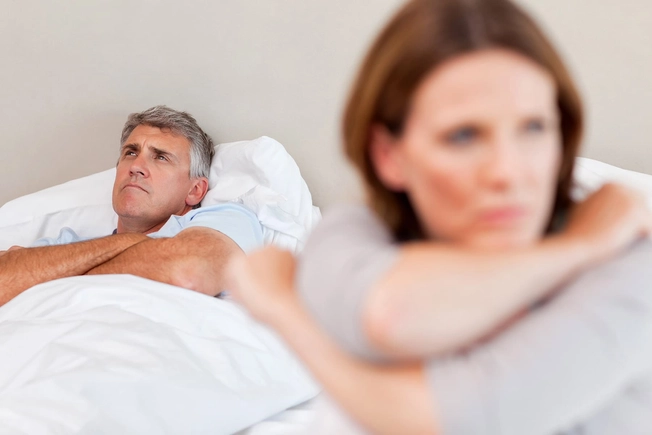
You Could Have Sexual Problems Later
It may seem odd, but “use it or lose it” may apply here. For women at menopause, vaginal tissue can get thin, shrink, and dry out without regular intercourse. That can make sex painful and weaken your desire. And some research says men who have sex less than once a week are twice as likely to have erectile dysfunction (ED) as those who have it weekly.
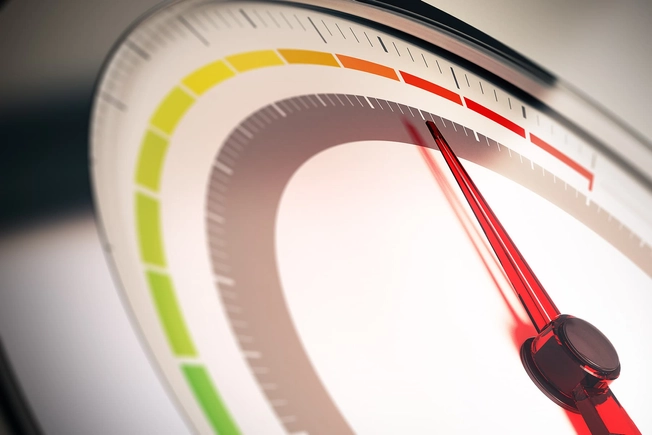
Your Blood Pressure Might Rise
Sex seems to help keep your blood pressure down. That makes sense when you consider what it does: It adds a bit of aerobic and muscle-building exercise, and it can ease anxiety and make you feel better. Both of those can help keep your numbers where they need to be.